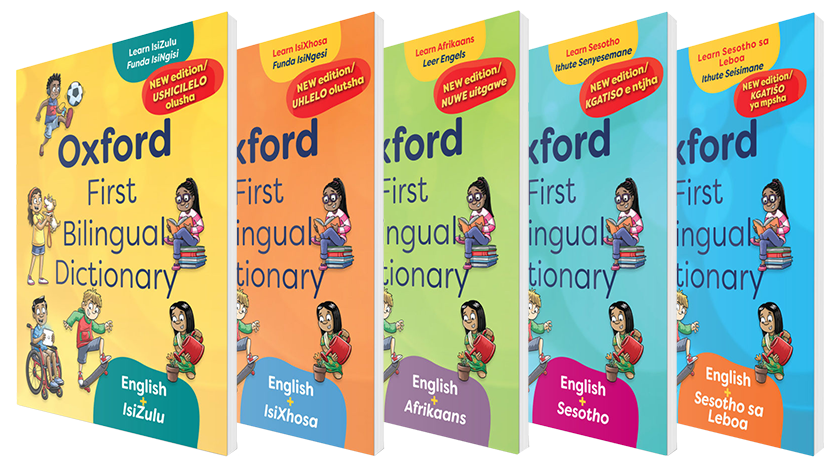In a world driven by knowledge and innovation, reading comprehension forms the cornerstone of academic success. The 2021 Progress in International Reading Literacy Study (PIRLS) has unveiled critical insights into the global literacy landscape of reading comprehension, emphasizing the need for targeted interventions and renewed focus on nurturing this essential skill. It’s clear that focusing on reading for comprehension and advocating for mother-tongue education are crucial steps towards nurturing students’ academic success.
Children who excel in reading comprehension not only perform better academically, but also develop critical-thinking abilities, enabling them to tackle complex problems effectively. One compelling finding from the study is the positive impact of mother-tongue education on reading comprehension. Children who receive instruction in their home language during the early years of schooling exhibit enhanced reading skills and a deeper understanding of the content.
Every five years, Grade 4 learners take part in this study that successfully assesses reading comprehension and monitors trends and indicators of growth in reading literacy. PIRLS results revealed that only 19% of South African Grade 4 children could read for meaning in any language – whether home language or additional language.

To bridge this gap, Oxford University Press promotes the importance of mother-tongue education through our partnership with the AVBOB Road to Literacy Campaign, which aims to promote literacy and reading comprehension among students. By supporting mother-tongue education, the campaign ensures that students can access education in a language that resonates with their cultural identity.

Additionally, the integration of mother-tongue education aligns with the objectives of our Oxford First Bilingual Dictionary series. This series, with its comprehensive translations and language resources, supports mother-tongue education by providing learners with a tool to access and comprehend information in their home language, empowering them to overcome language barriers and unlock their full potential.
The dictionary features themed double-page spreads that supply high-frequency vocabulary, colourful illustrations and relatable characters that keep children engaged while building self-confidence in speaking a new language. Extra support includes illustrated reference pages, activities with answers, read-aloud stories, a glossary and a pronunciation guide.
The ‘Big Five’ African languages (isiZulu, isiXhosa, Sesotho, Sesotho sa Leboa and Setswana) are now available in an expanded second edition featuring all the support teachers and parents have come to appreciate in the first edition, narrated by a cast of brand-new characters taking learners on exciting new adventures. The Oxford First Bilingual Dictionary 2nd editions are available from www.oxford.co.za




